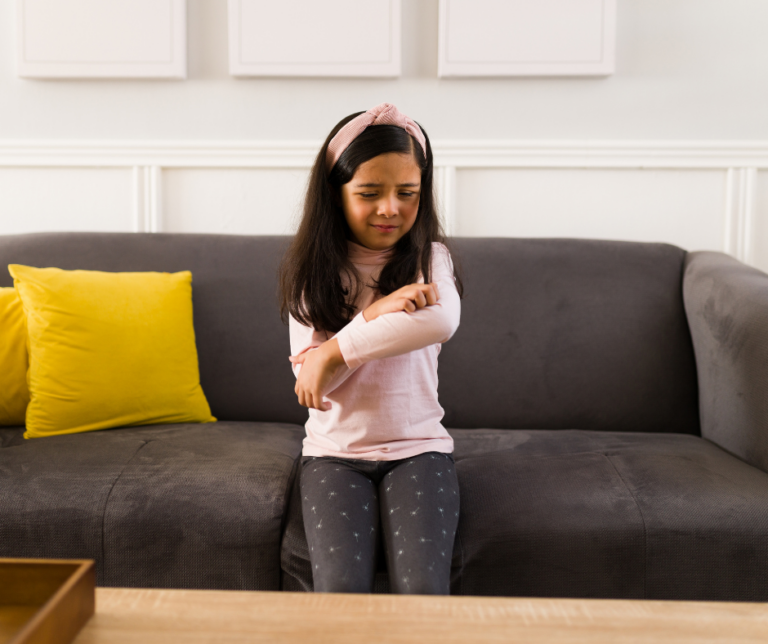2020 has been a year of challenges and changes for our kids… and ourselves. Physical distancing, remote learning, fear and uncertainty have taken a toll on our children’s emotional health and sense of well-being. But the new year brings with it new hope and the retrospect of lessons learned and resilience gained.
Resilience is the ability to bounce back from stress, problems, failure, or even trauma. When kids feel strong and capable, they have the skills and the confidence to overcome adversity. With the unpredictability and stressfulness of 2020, we encourage you to add “resilience” to your list of 2021 resolutions.
Below is a list of ways to help your children understand and build resilience this year:
- Accept things as they are in life now. Acceptance is the answer to many things in life. Building resilience starts with acceptance. It means your child has a willingness to see the moment in real terms after emotions are processed.
- Embrace the “Adjust as You Go” mentality. Stress the importance of being flexible. “Adjust as You Go” mentality allows you to address the immediate needs of the moment and move forward.
- Stay connected. Although the pandemic has made it impossible for many in-person interactions, especially for young children, socializing and companionship are still important. Humans are social by nature and having a connection to community, friends, family, and the environment helps to build their self-esteem. Here are ways to help your kids socialize while stuck at home during the school year.
- Coping skills are essential. Our children need to understand what’s happening and why. They also need to acquire skills to help them overcome fears on their own. This article from The Mayo Clinic provides strategies to help your kids cope with pandemic-related changes.
- Grow and thrive after experiences. Thriving stems from learning and growing following adversity. Success in overcoming their challenges makes children feel empowered and able. These feelings help kids reflect on their experiences and prepare them for their futures.
Read more in our blog post on Raising Resilient Kids.
The consistency of practicing resilience is what plays a long term role in the mental health and stability of us and our children. Implementing healthy habits to deal with stress is important.
As a family, resolve to:
- Practice mindfulness. There are many ways to teach children to become more mindful. You can adapt these exercises to fit the needs of your children from preschoolers to teens. Here are 11 simple but effective ways to teach your child mindfulness skills.
- Free write or journal. Journaling, especially for teens and tweens, is a perfect outlet to express everything on their mind. Implementing a safe space for children to express their emotions, thoughts, frustrations and expectations can improve their speech habits, behavior and overall mental health. For more benefits of journaling, visit this article.
- Exercise. Read our Healthy Holidays for the Family blog post that discusses tips for keeping your kids active at home.
- Navigate the “new normal.” Read our blog about Kids’ Mental Health During the Pandemic.
Here are some ideas to guide your children in choosing their own resolutions:
- Preschool aged children
- Clean up toys every day
- Brush teeth twice a day
- Always wash hands before eating and after the bathroom
- Clear the table after eating
- Kids 5-12
- Drink water or milk and avoid soda
- Always wear seatbelt
- Read for fun
- Breathe before getting angry
- Teens 13 years old and older
- Two servings of fruit and vegetables a day
- Choosing educational TV or non-violent video games during free time
- 8-10 hours of sleep a night
- Finding healthy ways to deal with stress, such as exercising, reading, writing in a journal or talking about problems with a parent or friend
- Never use a cell phone or electronic device while driving
- Read more about age specific resolutions from HealthyChildren.org.
Read our blog post New Year’s Resolutions for a Healthier Family for more ideas.





